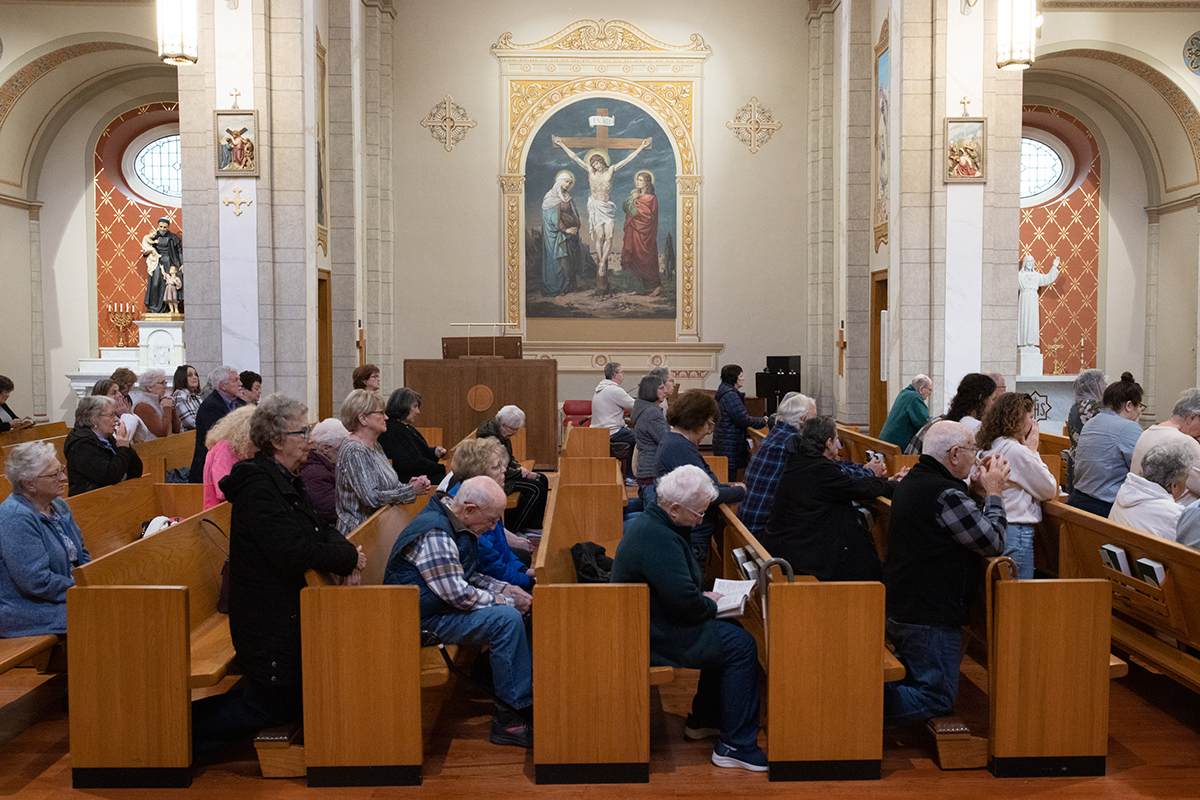MO attorney general to appeal judge’s decision striking down abortion laws
Missouri’s Attorney General plans to appeal a federal judge’s decision striking down state abortion laws.
U.S. District Judge Howard Sachs in Kansas City, Mo., on April 19 ruled in favor of Planned Parenthood’s challenge of laws that require abortion doctors to have local hospital privileges and abortion clinics be licensed as ambulatory surgical centers.
The ruling follows a U.S. Supreme Court decision last June that invalidated those aspects of abortion regulation in Texas.
With the ruling in Missouri, Planned Parenthood plans to move forward in offering abortions at clinics in Springfield, Joplin, Columbia and Kansas City. Right now, Planned Parenthood’s St. Louis clinic is the only location in Missouri to provide abortions.
Attorney General Hawley has 30 days to appeal the decision. In a statement, Hawley said that the laws “protect the health and safety of women who seek to obtain an abortion. Missouri has an obligation to do everything possible to ensure the health and safety of women undergoing medical procedures in state licensed medical facilities.”
Missouri Catholic Conference executive director Mike Hoey said the conference “supports the effort of the attorney general to defend Missouri’s current regulation of the abortion industry. We need laws that ensure the safety of women and the protection unborn children.”
Planned Parenthood issued a statement that the victory “means countless Missourians will have expanded access to safe, legal abortion. It is also the resounding affirmation we’ve long awaited — that medically unnecessary restrictions like admitting privileges and ambulatory surgical center requirements are state mandated laws thought up by extremists in Jefferson City. We will continue to fight these restrictions until they are permanently blocked in the state of Missouri.”
Deacon Sam Lee of Campaign Life Missouri said that while it remains unseen what will happen in the appeals process, there have been other examples in which pro-life laws — including parental consent and outlawing partial-birth abortion — were struck down by a lower court, but later upheld by a higher court.
The Supreme Court decision in Whole Woman’s Health v. Hellerstedt said that abortion clinics don’t have to comply with standards of ambulatory surgical centers, and their doctors aren’t required to have admitting privileges at local hospitals.
In Missouri, abortion clinics that perform five or more first-trimester, or any second- or third-trimester abortions in a month are required to be licensed as ambulatory surgical centers, and provide standard medical services, such as having CPR-trained personnel on site and a physician on the premises and immediately available to the patient in the recovery room. Clinics also are open to inspection from the Department of Health and Senior Services.
Missouri also passed a law in 2005 that requires all doctors who perform abortions to have lower-level clinical privileges at a hospital within 30 minutes distance from where the abortion is performed. In Texas, the law is more stringent, spelling out that the abortion doctor must have “active admitting privileges” at hospital within 30 miles of where the abortion is performed.
Missouri’s ambulatory surgical center regulations enacted in the mid-1980’s — but applying to all abortion facilities only since a law change in 2007 — separately require that abortion doctors have staff privileges at hospital within 15 minutes travel time or that there is a working arrangement between a hospital and the facility no more than 15 minutes away to provide emergency treatment to patients.
>> Proposed legislation regulating abortion
The Missouri House passed a bill April 24 that would change the laws regarding abortion in the state.
HB 194, sponsored by Rep. Diane Franklin (R-Camdenton), would require annual inspections of abortion clinics, make it a felony to donate tissue or organs from aborted babies for medical research; and require a minor’s custodial parent (in most cases) to notify a non-custodial parent before obtaining an abortion.
The bill would tighten regulations on pathology reporting after an abortion and require all tissue from an abortion to be sent to a pathologist. Currently, state law only requires a representative sample to be sent. The bill also provides whistleblower protections
The legislative session ends on Friday, May 12. The Missouri Catholic Conference and Missouri Right to Life urge people to contact their senators in support of HB194 and the Senate’s version, SB67. They also urge support for HB174 and SB41, which would provide protections to alternatives-to-abortion agencies and prohibit local governments from enacting laws that require individuals, organizations or companies to directly or indirectly support abortion or provide health benefits that are contrary to their religious or moral beliefs.
To contact your senators, visit www.senate.mo.gov.
Missouri’s Attorney General plans to appeal a federal judge’s decision striking down state abortion laws. U.S. District Judge Howard Sachs in Kansas City, Mo., on April 19 ruled in favor … MO attorney general to appeal judge’s decision striking down abortion laws
Subscribe to Read All St. Louis Review Stories
All readers receive 5 stories to read free per month. After that, readers will need to be logged in.
If you are currently receive the St. Louis Review at your home or office, please send your name and address (and subscriber id if you know it) to subscriptions@stlouisreview.com to get your login information.
If you are not currently a subscriber to the St. Louis Review, please contact subscriptions@stlouisreview.com for information on how to subscribe.






